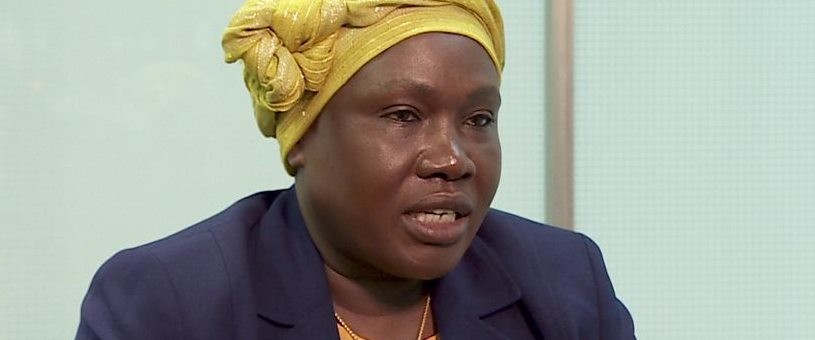South Sudan's main opposition group said it was "shocked" by the proposal presented by South Africa’s deputy president to resolve the issue of the number of states.
On Thursday, South Africa's deputy president David Mabuza proposed an arbitration mechanism to help resolve disputes over the number and boundaries of states within 90 days, adding the issue should not hold up formation of a unity government by 22 February.
This came after the rival parties once again failed to reach a compromise.
Angelina Teny, the head of the SPLM-IO’s committee for defense, told reporters in Juba this afternoon that the unity government cannot be formed before the pending tasks are finalised within the extended deadline.
"To us they are automatically proposing an extension of the pre-transitional period, we felt that we want to make that very clear so that we are not misunderstood," Angelina said.
"The legislature cannot be formed without having addressed the issue of the number of states, so this is one clarification we wanted to make," she added.
Angelina disclosed that the SPLM-IO recommends formation of a committee composed of the member states of the African Union High Level Ad Hoc Committee on South Sudan and Troika to determine the number of states and their boundaries within two weeks to allow time for the restructuring of the council of states.
The senior opposition official has expressed concerns over the slow progress in the implementation of the security arrangements in the peace agreement.
"The JMMC [Joint Military Ceasefire Commission] has started transporting forces mostly from cantonment sites, and mostly opposition forces are reporting to the training centres. Some government forces are turning up but the process is slow," she said.
Angelina noted that critical tasks related to security arrangements were incomplete. “Even the issue of states has a security dimension,” she said.
She called for declaration of disposition of forces by all parties so as to allow the parties to work out a new deployment strategy and identify areas where there is need to withdraw forces.
The rival parties have twice failed to form the unity government, first in May 2019 and then in November the same year, when they agreed to give themselves100 days to resolve disputed issues and form a unity government by 22 February 2020.
Under the terms of the peace deal, the parties are to create a unified army to reduce the chances of fighting again and agree on the number of states and their boundaries.




